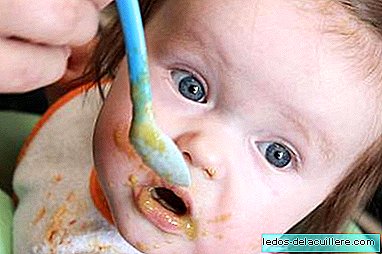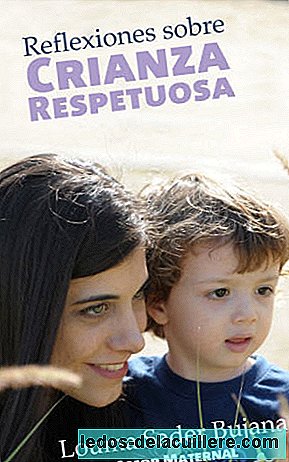
Appetite is a key element to consider in relation to the child's diet. According to British researchers, babies who have a greater appetite grow faster and increase their risk of developing childhood obesity.
Just as there are adults more avid for food, there are also babies who show more interest in food than others. What the conclusions of two studies carried out on the subject suggest is that greedy babies may have a greater predisposition to obesity.
Obesity is not only in this cause, of course, but it is a sign to be aware of if the baby is too desperate for food.
They are babies whose satiety mechanism, influenced by genes, works so that does not reduce the urge to eat. They feel less satisfied so if they have food at their disposal they can continue eating without being satisfied.
The first study involved nearly 800 non-identical twins of the same sex born in the United Kingdom to assess their responses to food, the urge to eat in response to seeing or smell food, and the satiety response, the desire to eat in response to the satiety triggers of the body.
At 6 months of age, the twin who responded most to the meal weighed an average of 0.63 kilos more than the other twin. At 15 months, the difference was almost 1 kilo more.
On the other hand, the second study measured the risk of obesity by observing 28 related genes. Children with the highest scores were likely to have a higher body mass index. In addition, these children were more likely to have some low responses to satiety.
The researchers point out that years ago, when obesity levels were not as high as now, there were also people genetically predisposed to a greater appetite, what changes today is the environment.
Does your baby always have an appetite? It is not about hiding or restricting food to swallowed babies, you don't have to become obsessed, but take certain measures to maintain a healthy diet.
For example, it is preferable that they eat several small portions throughout the day than make two copious meals and on top of that they want to eat at all hours. Also offer healthy snacks such as fruits or vegetables instead of processed foods when they show a need to eat.












